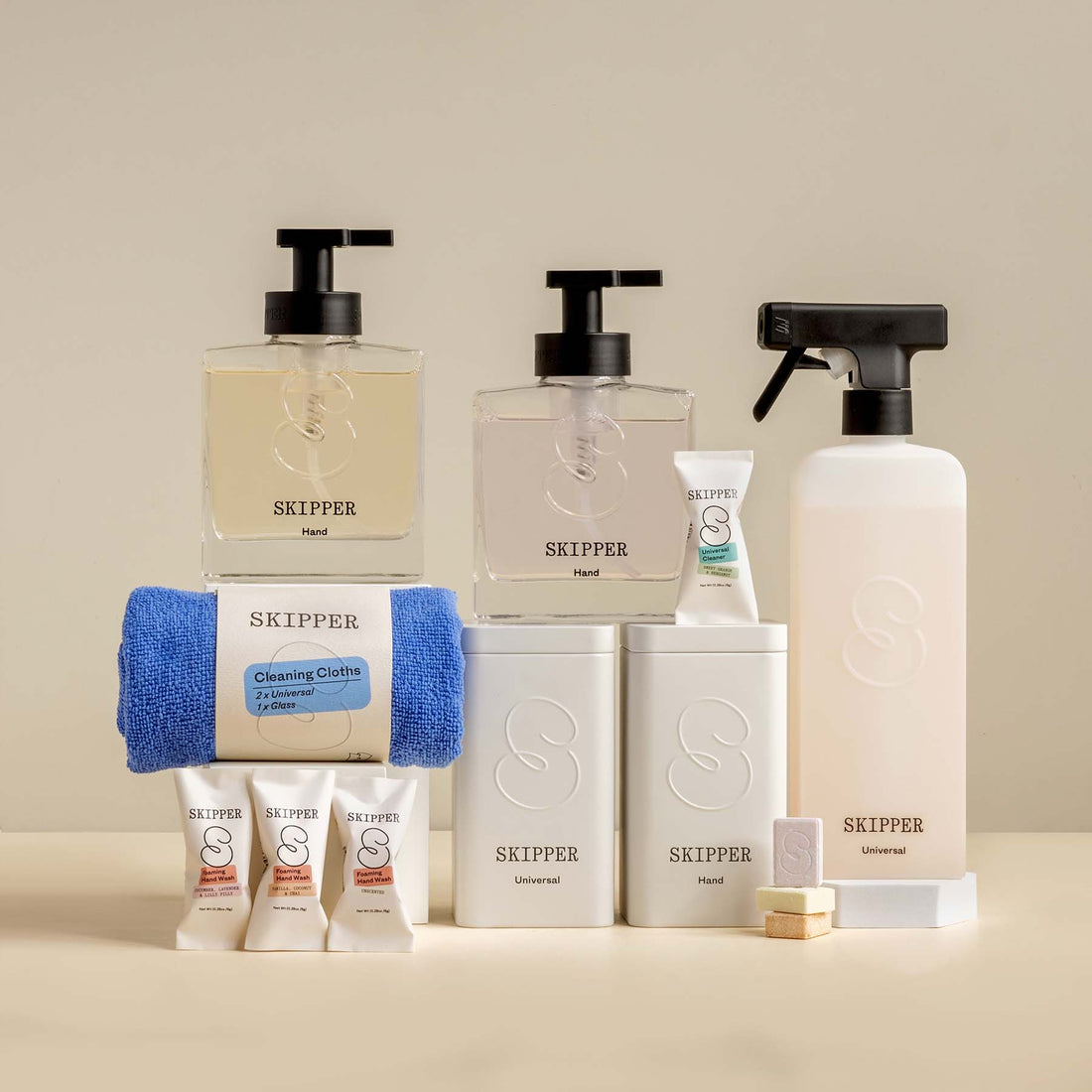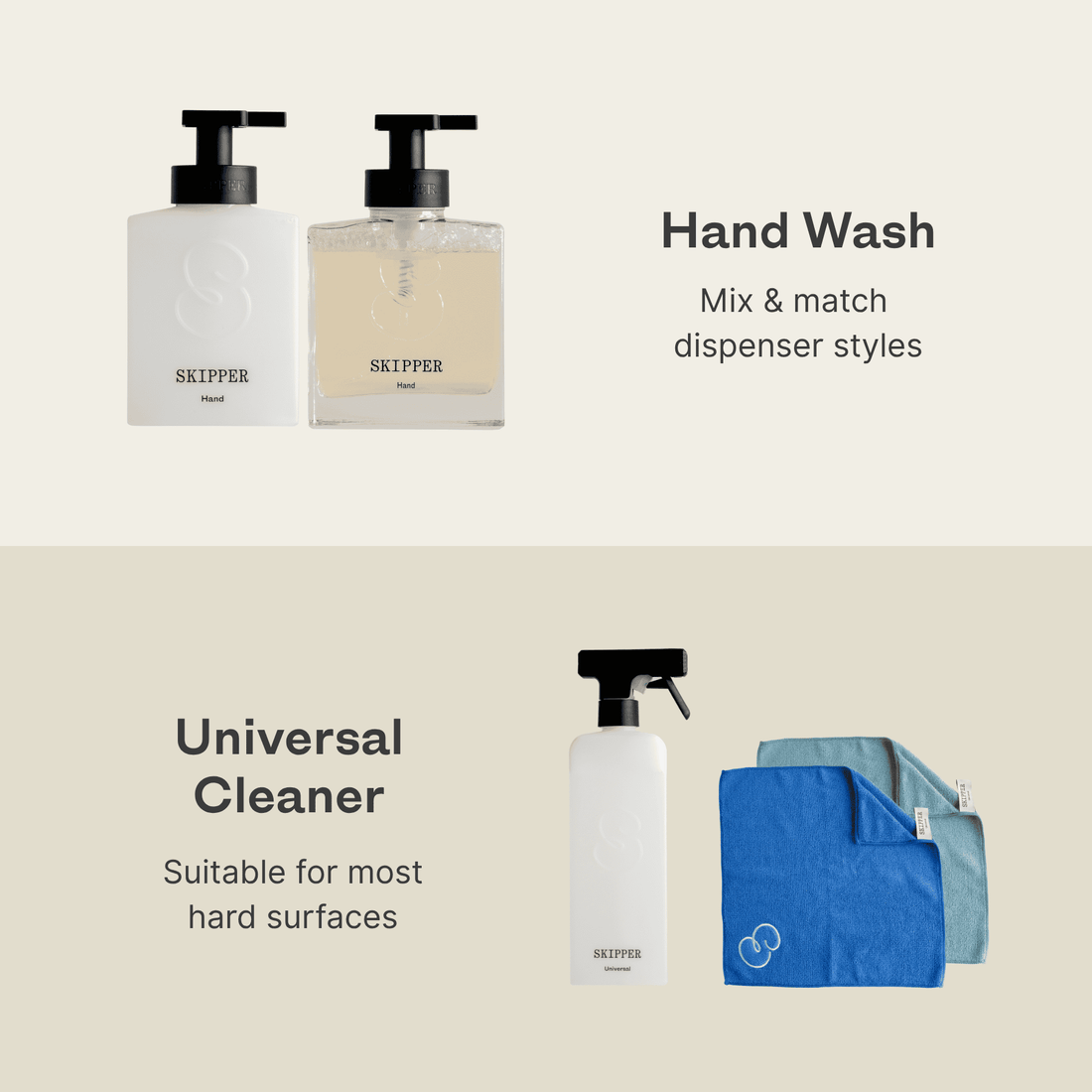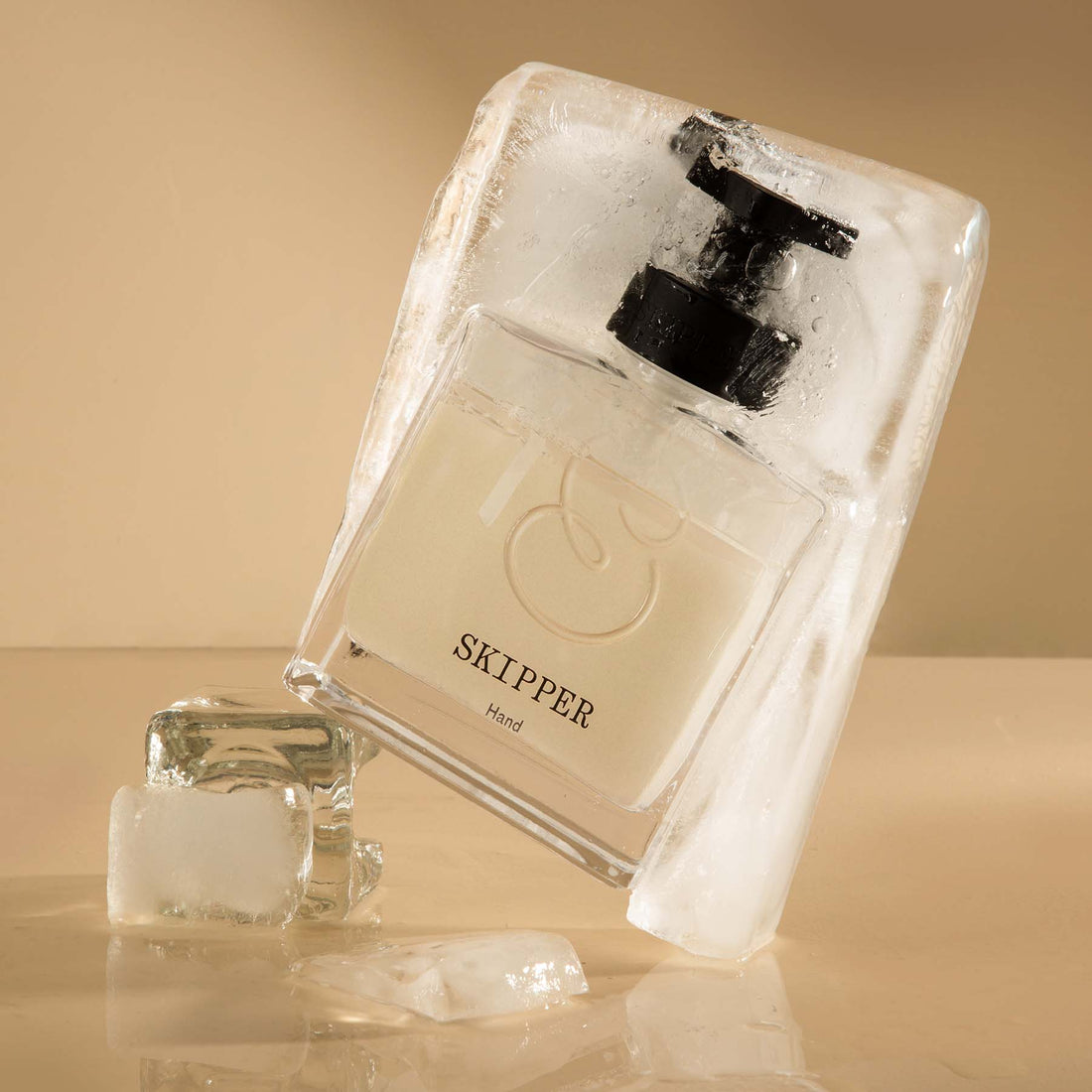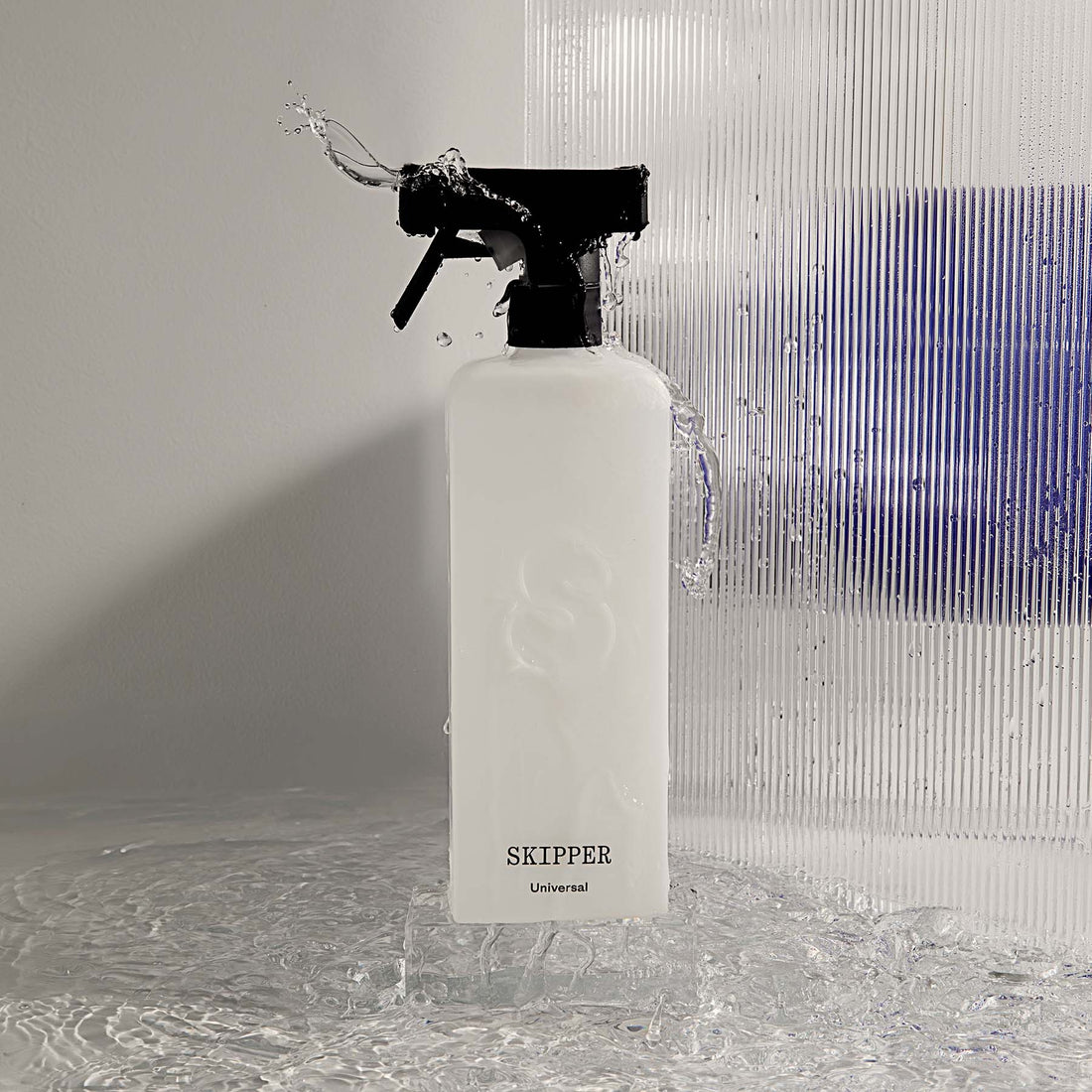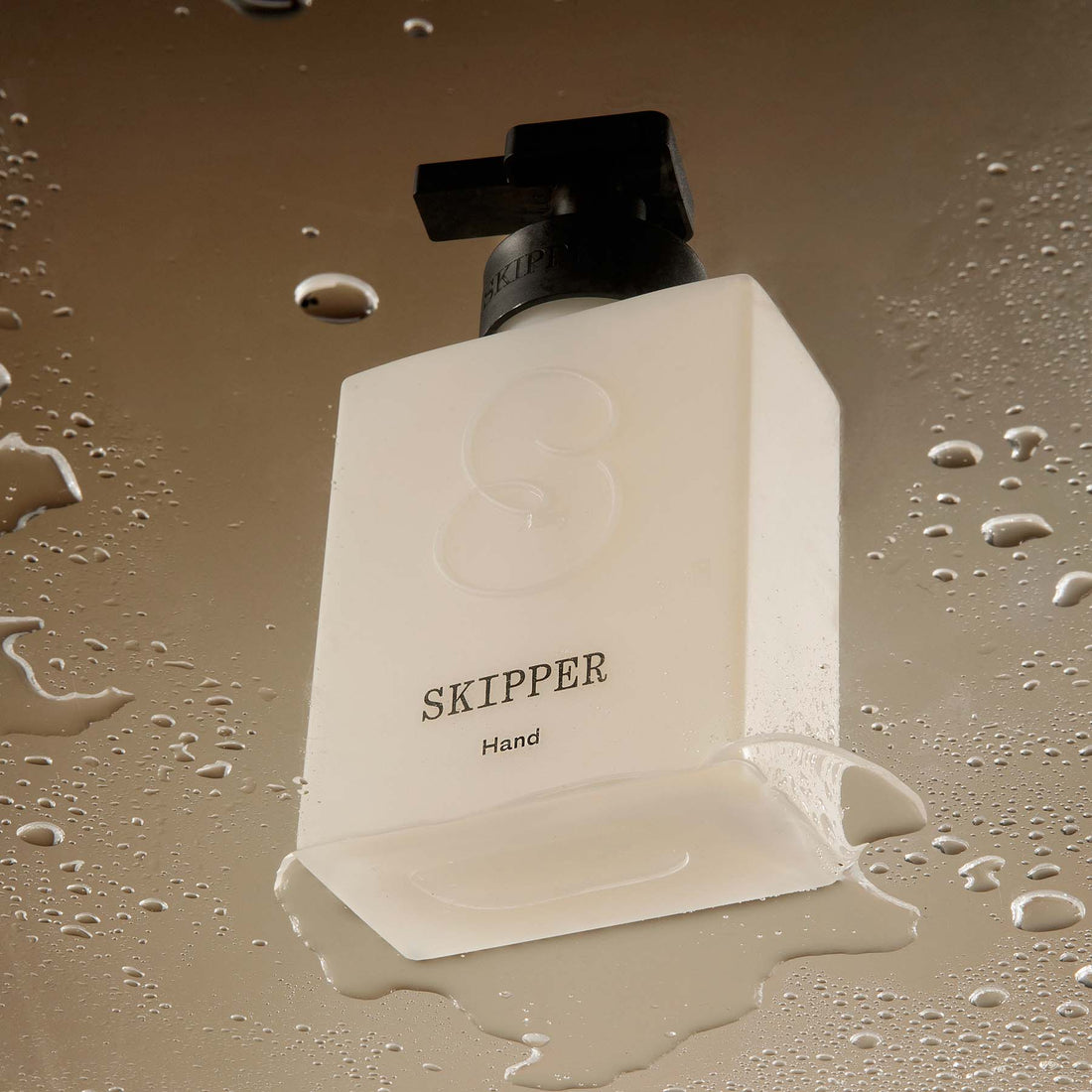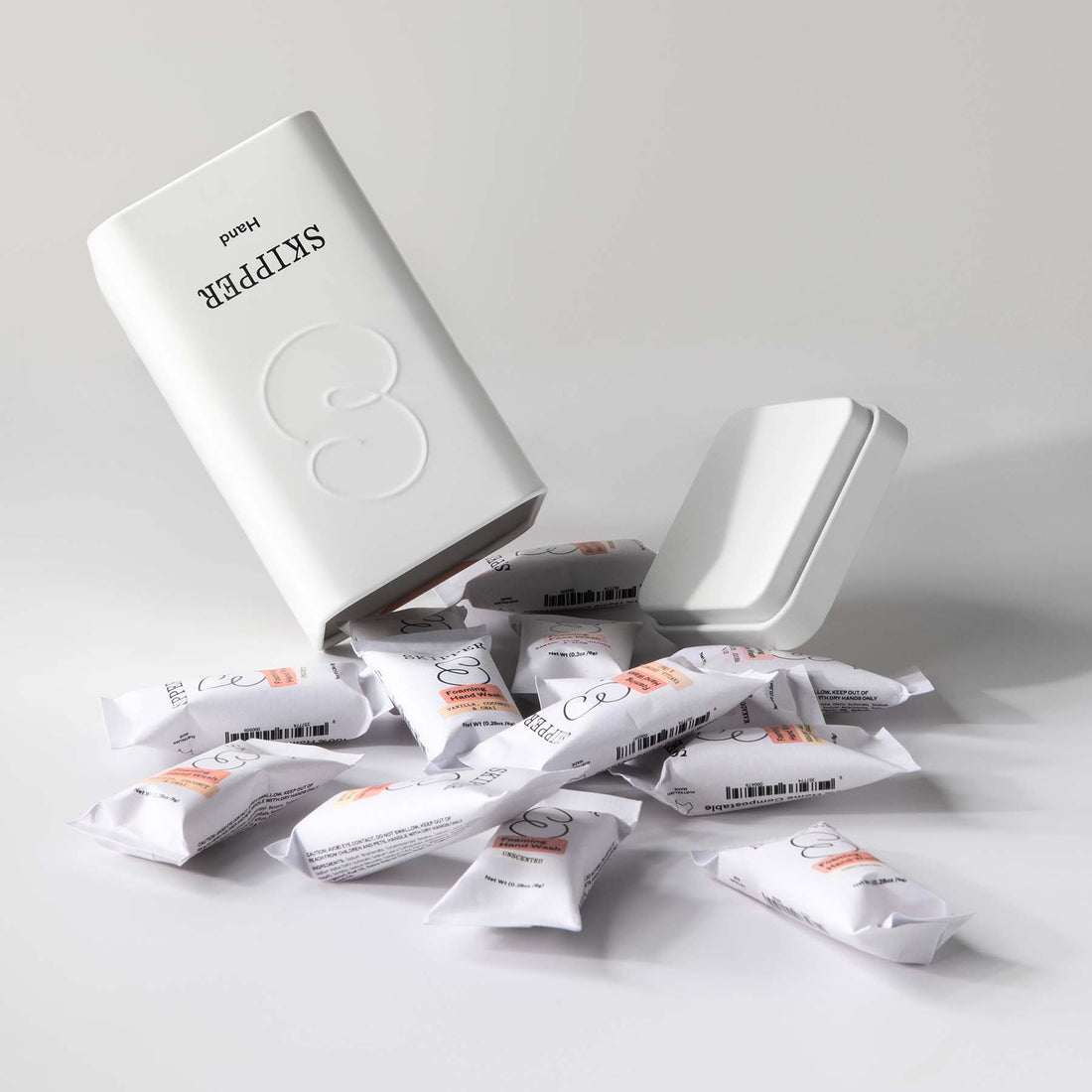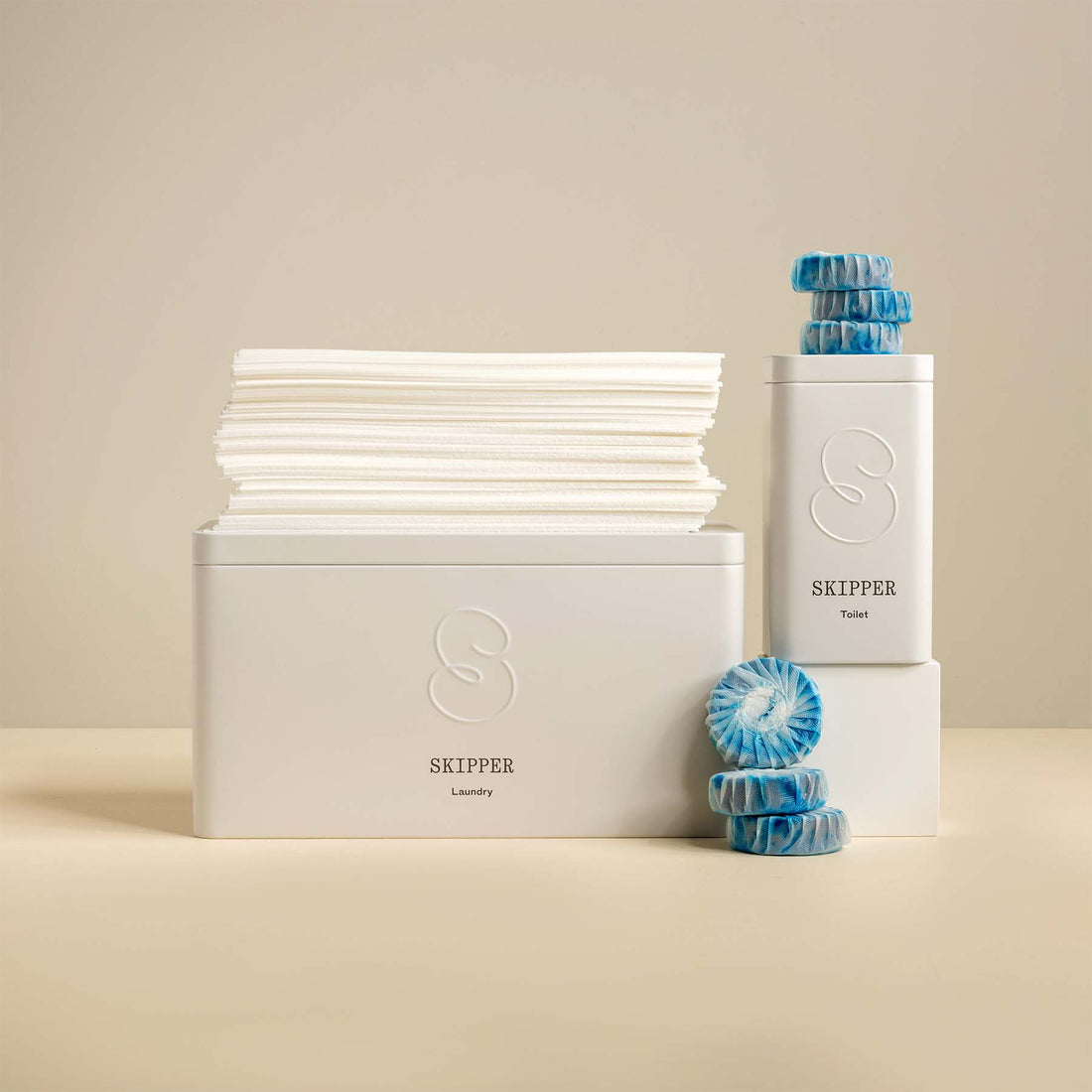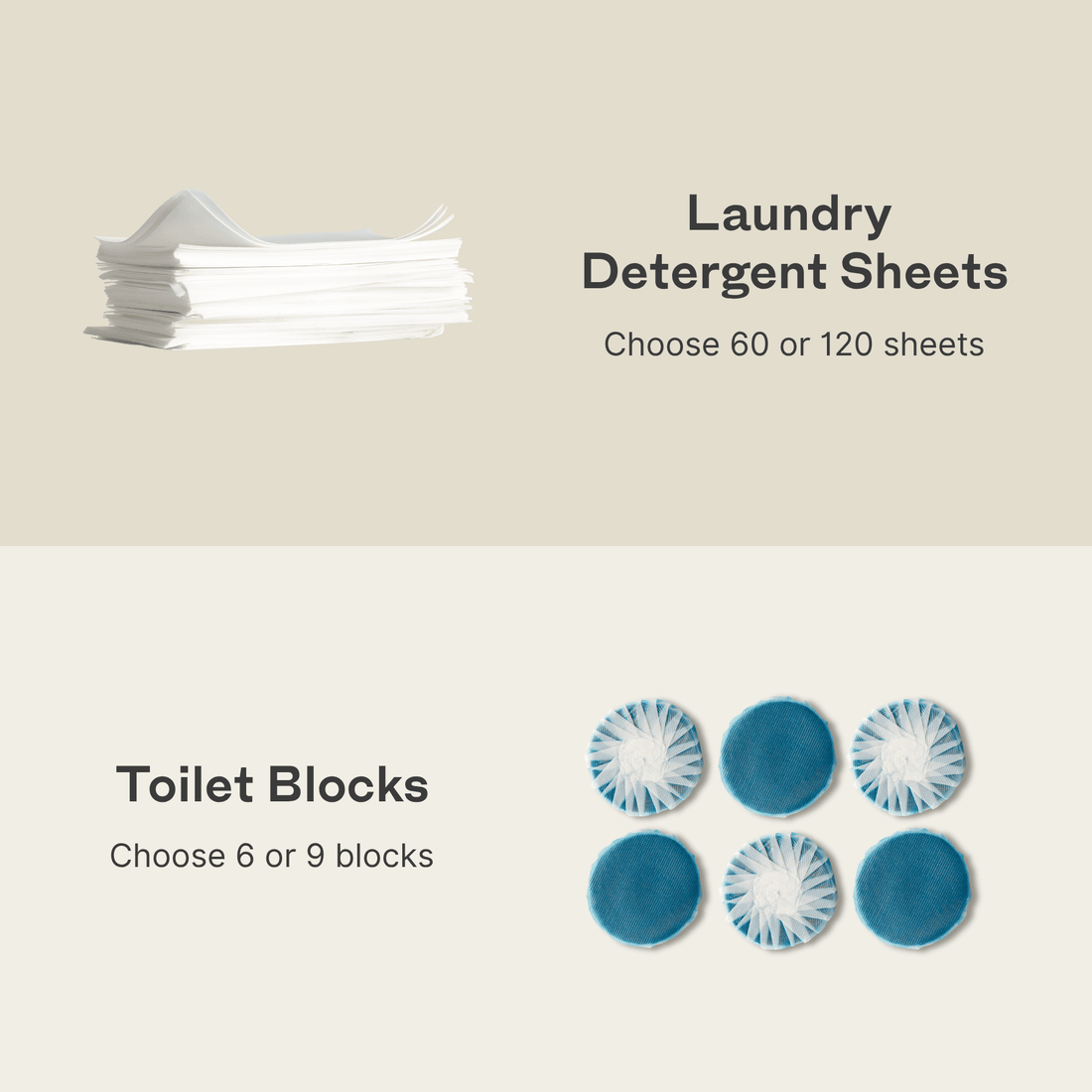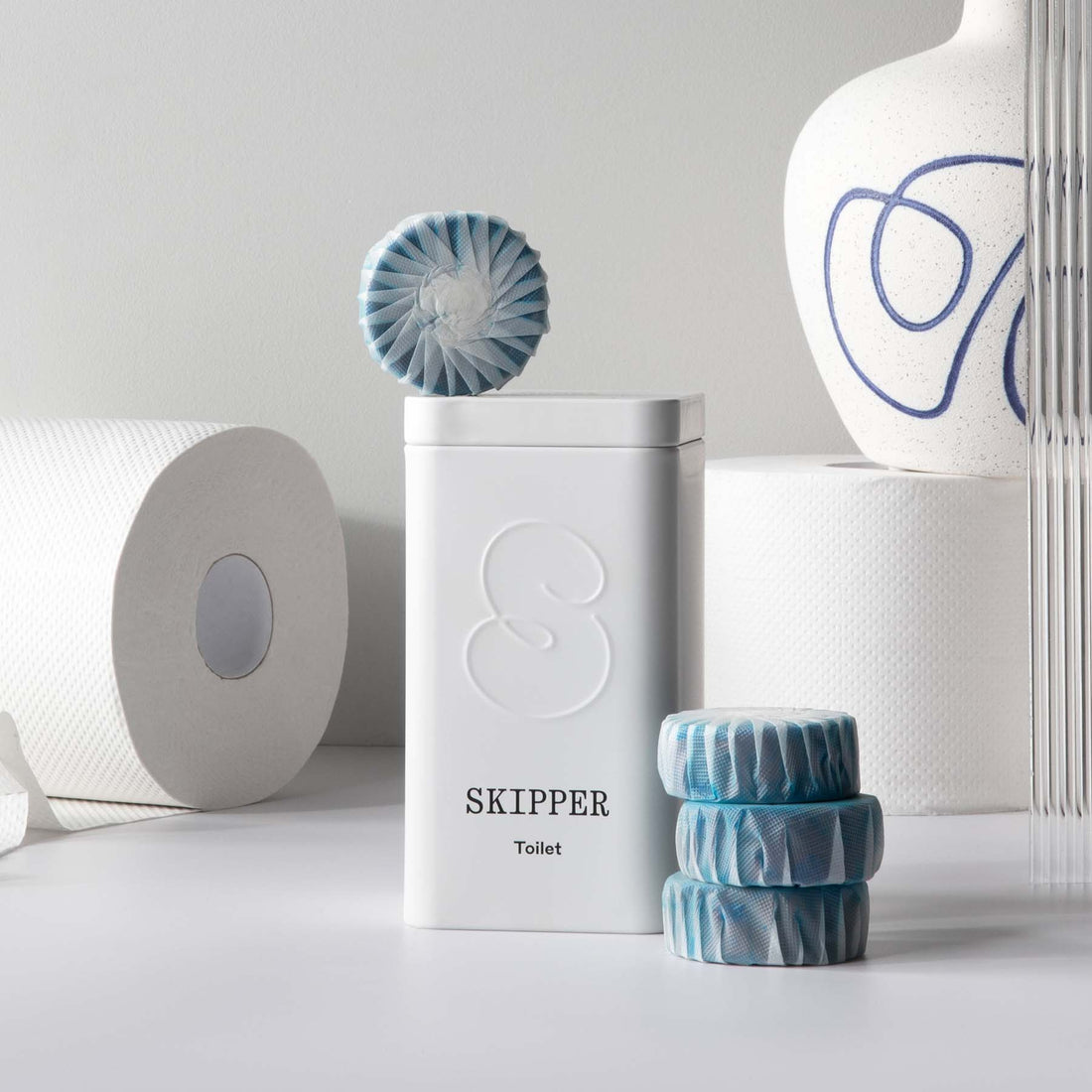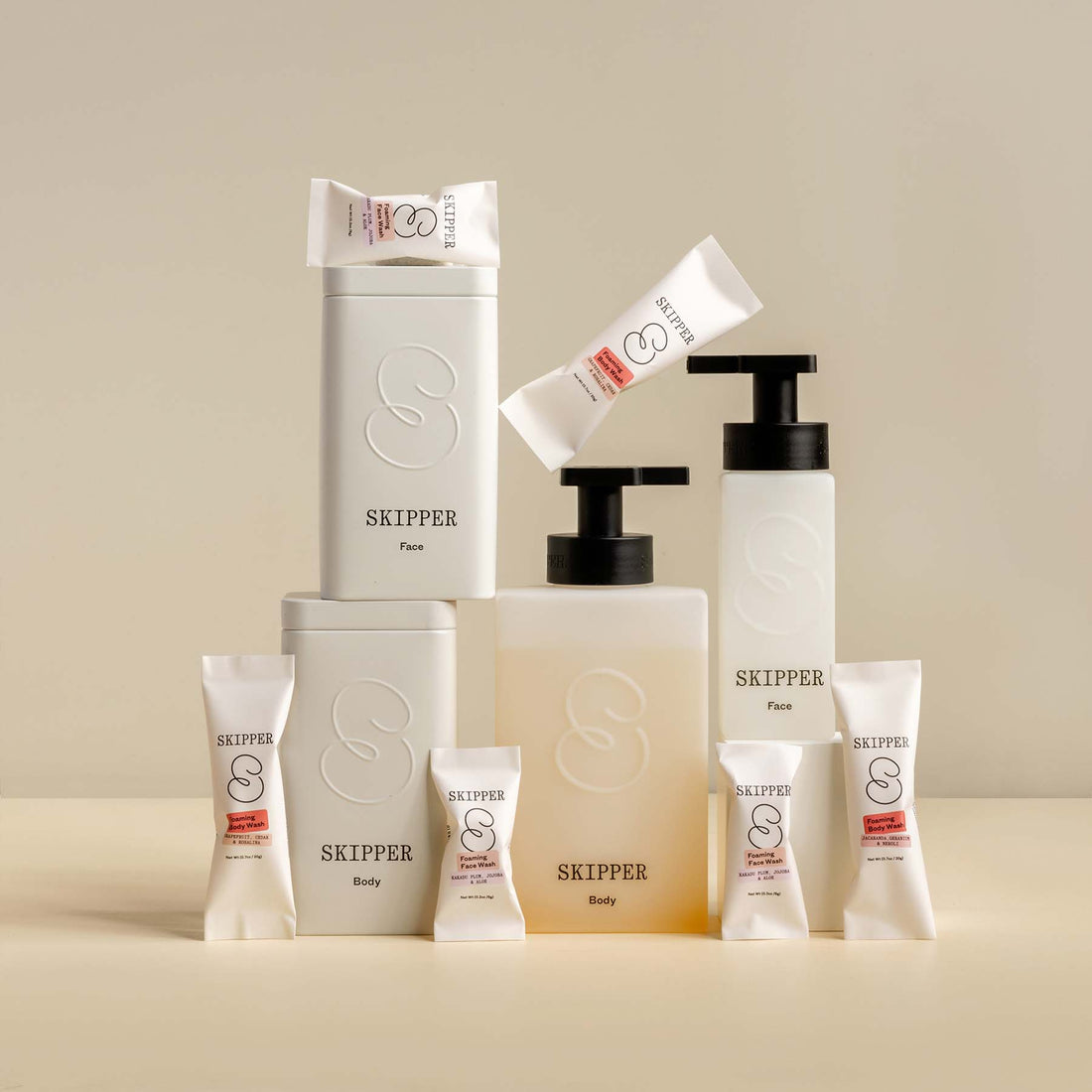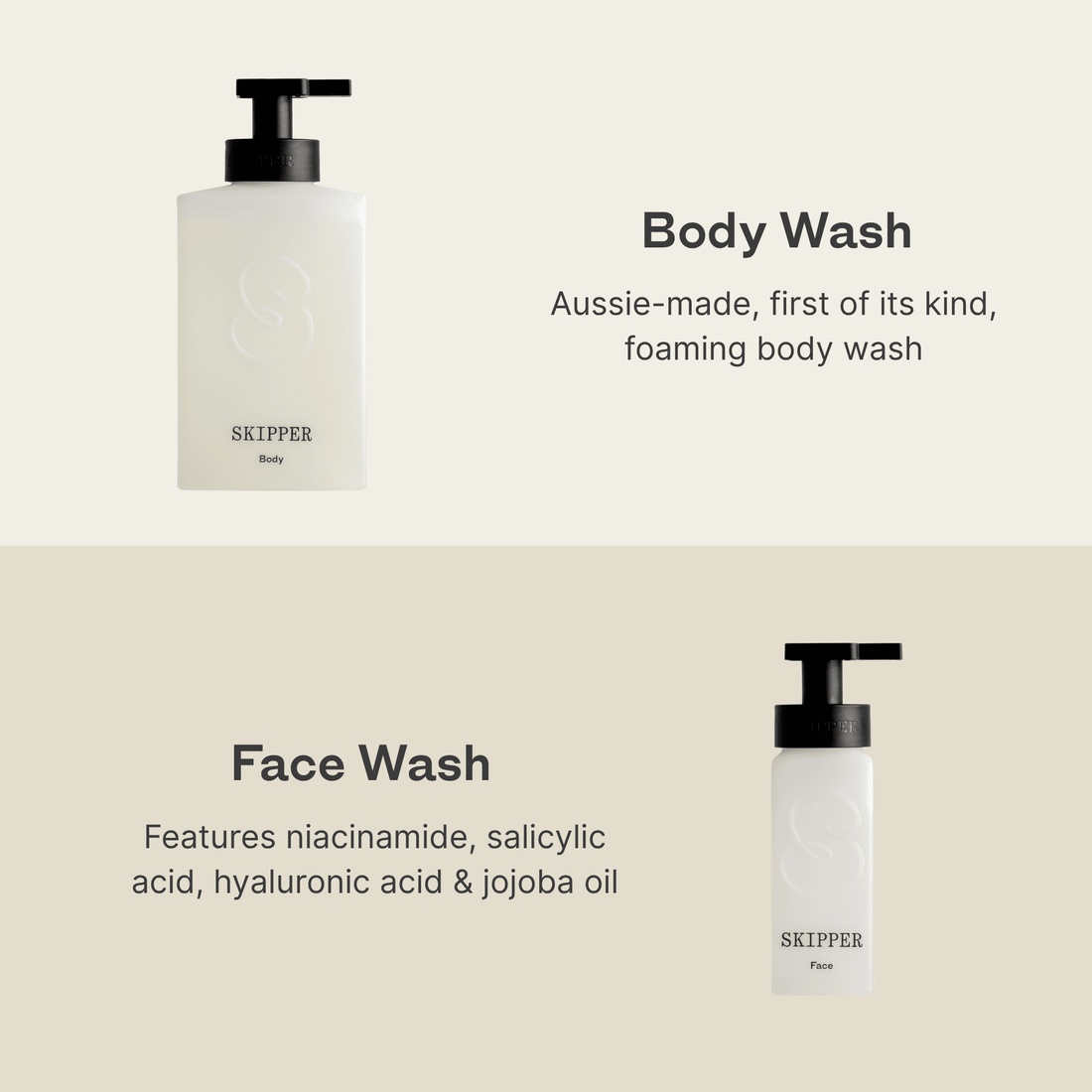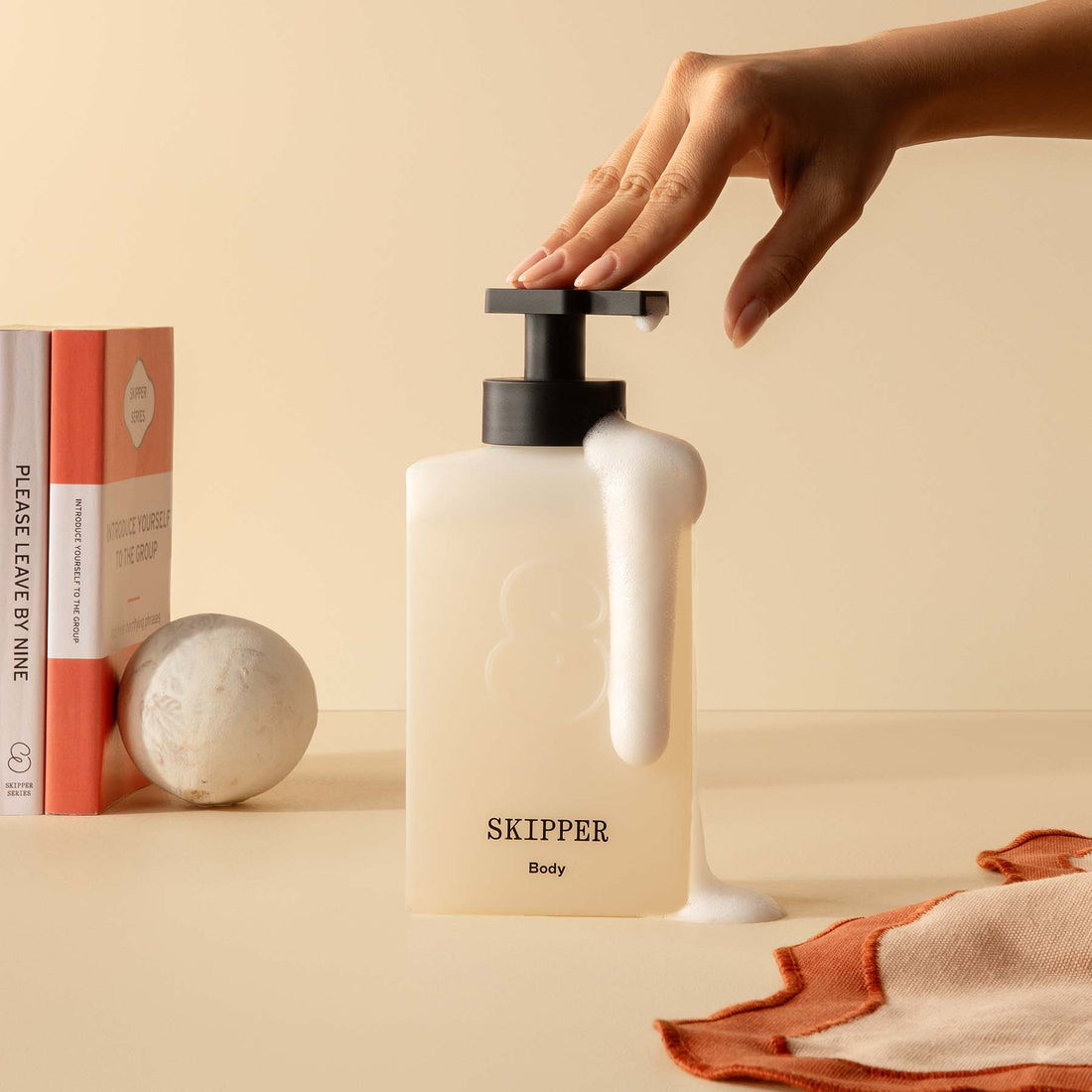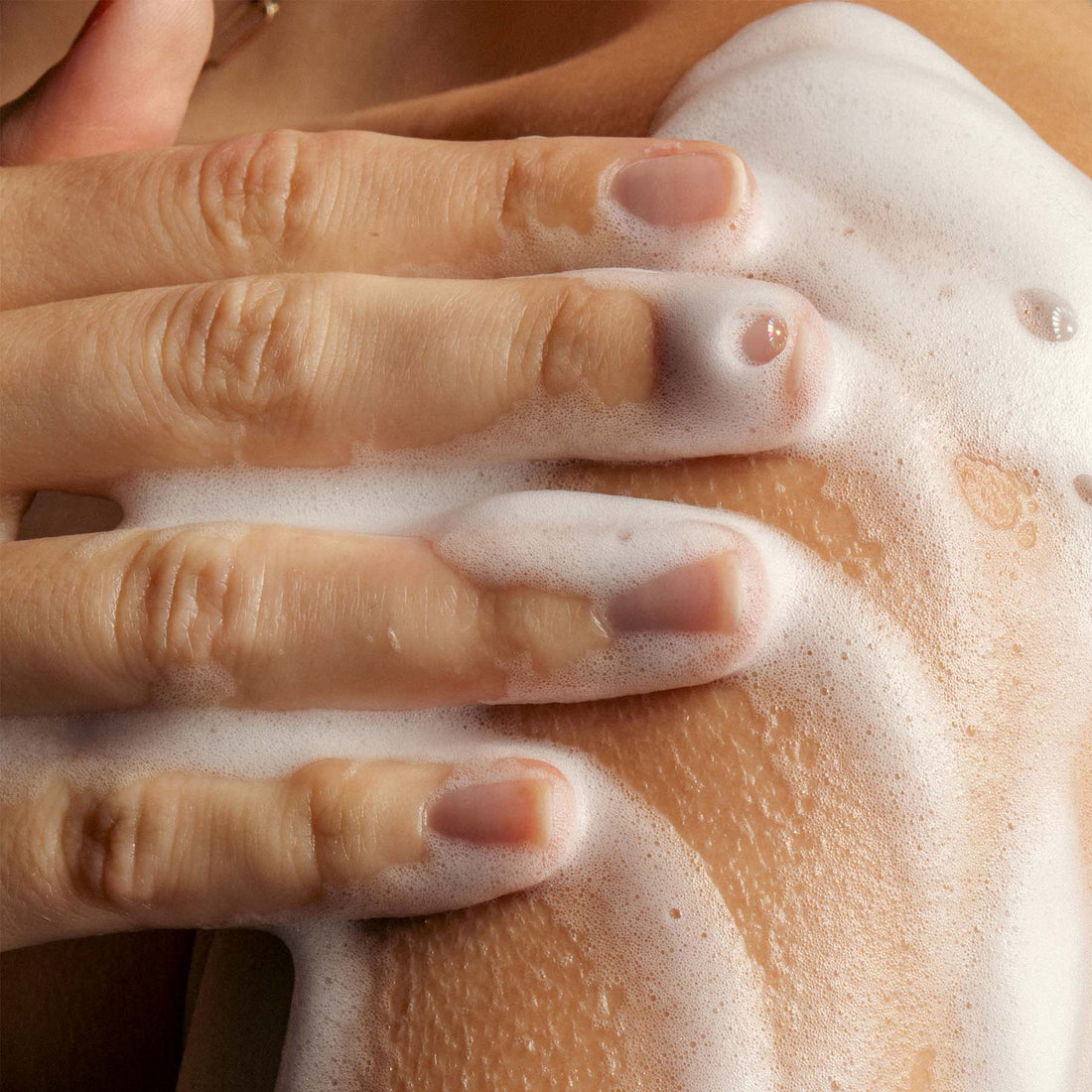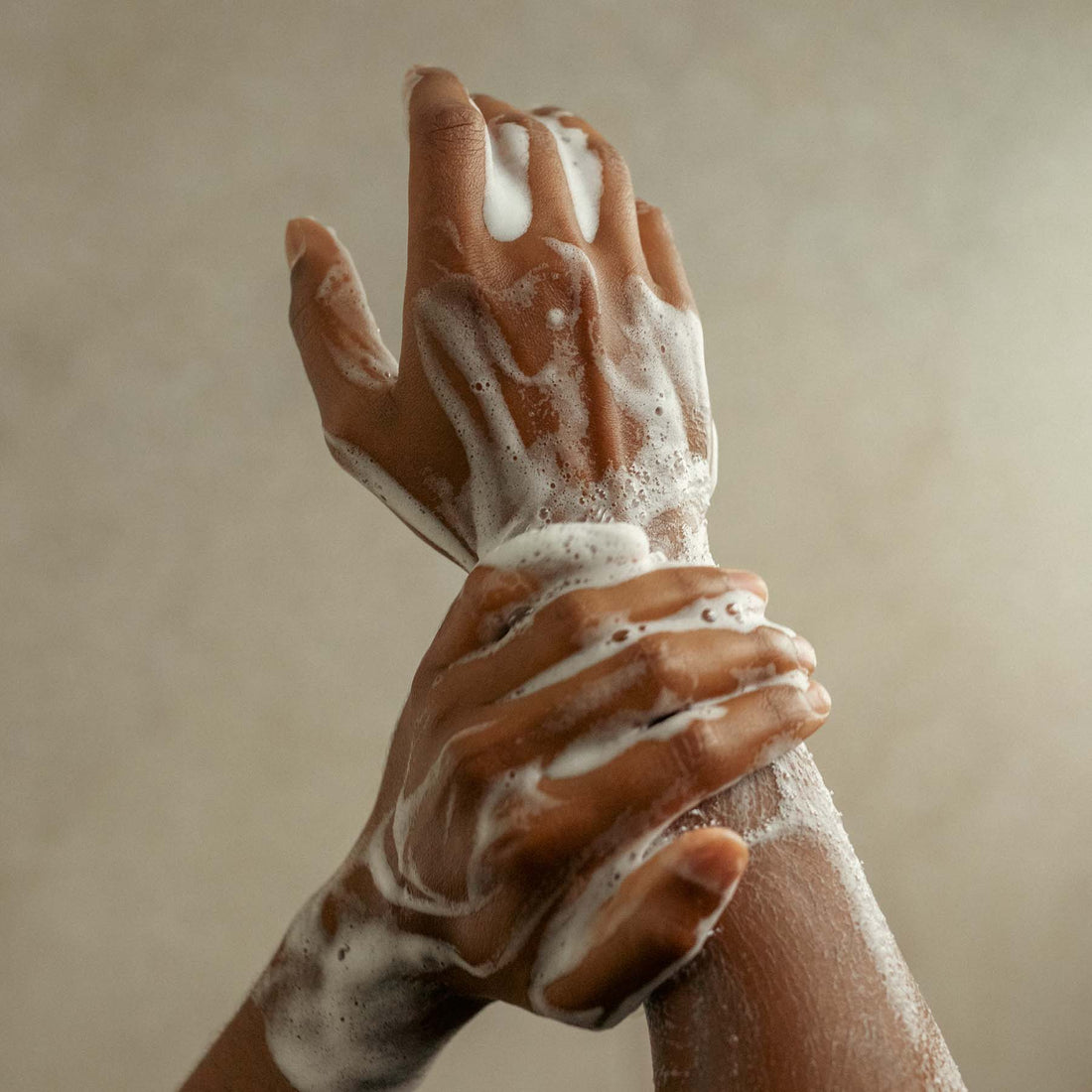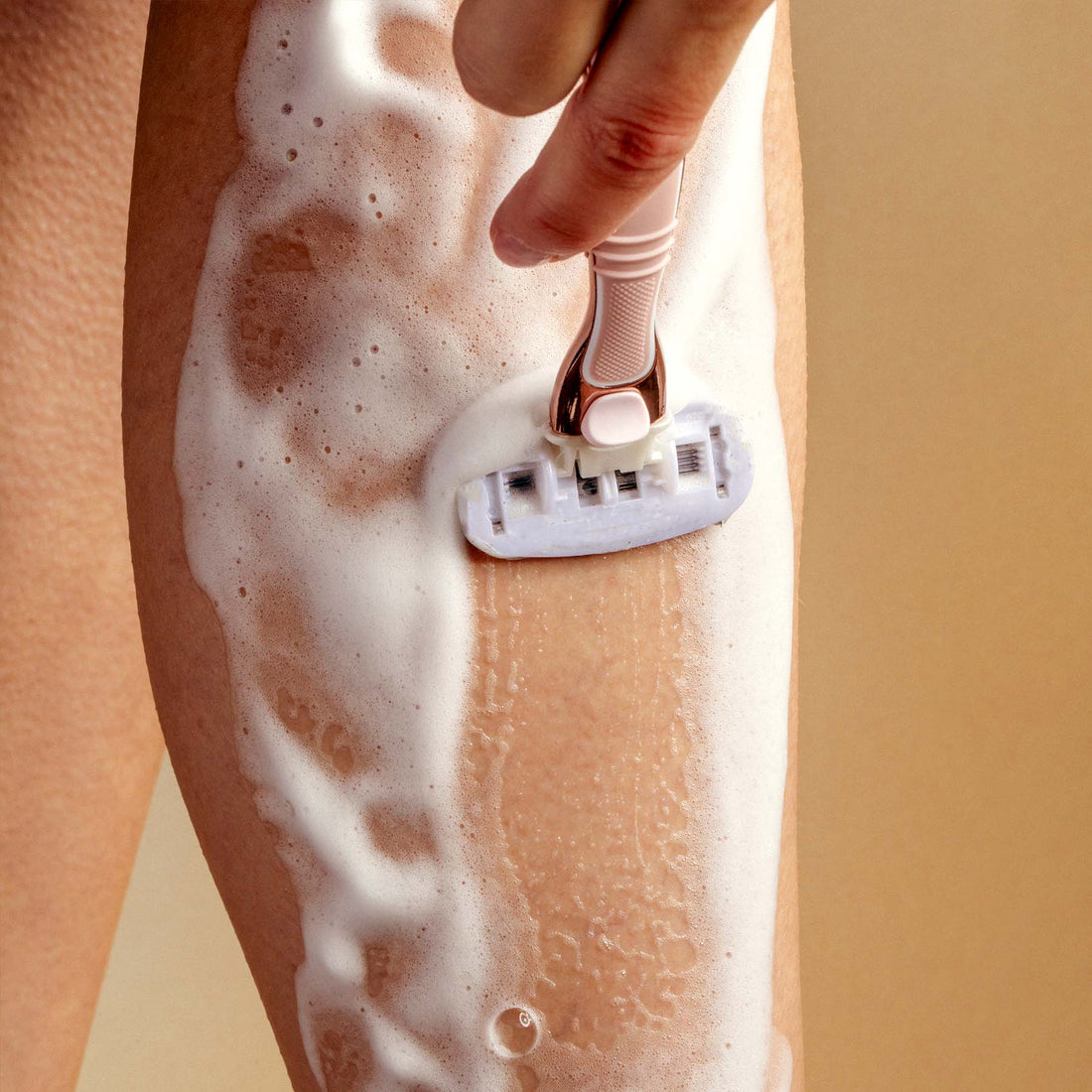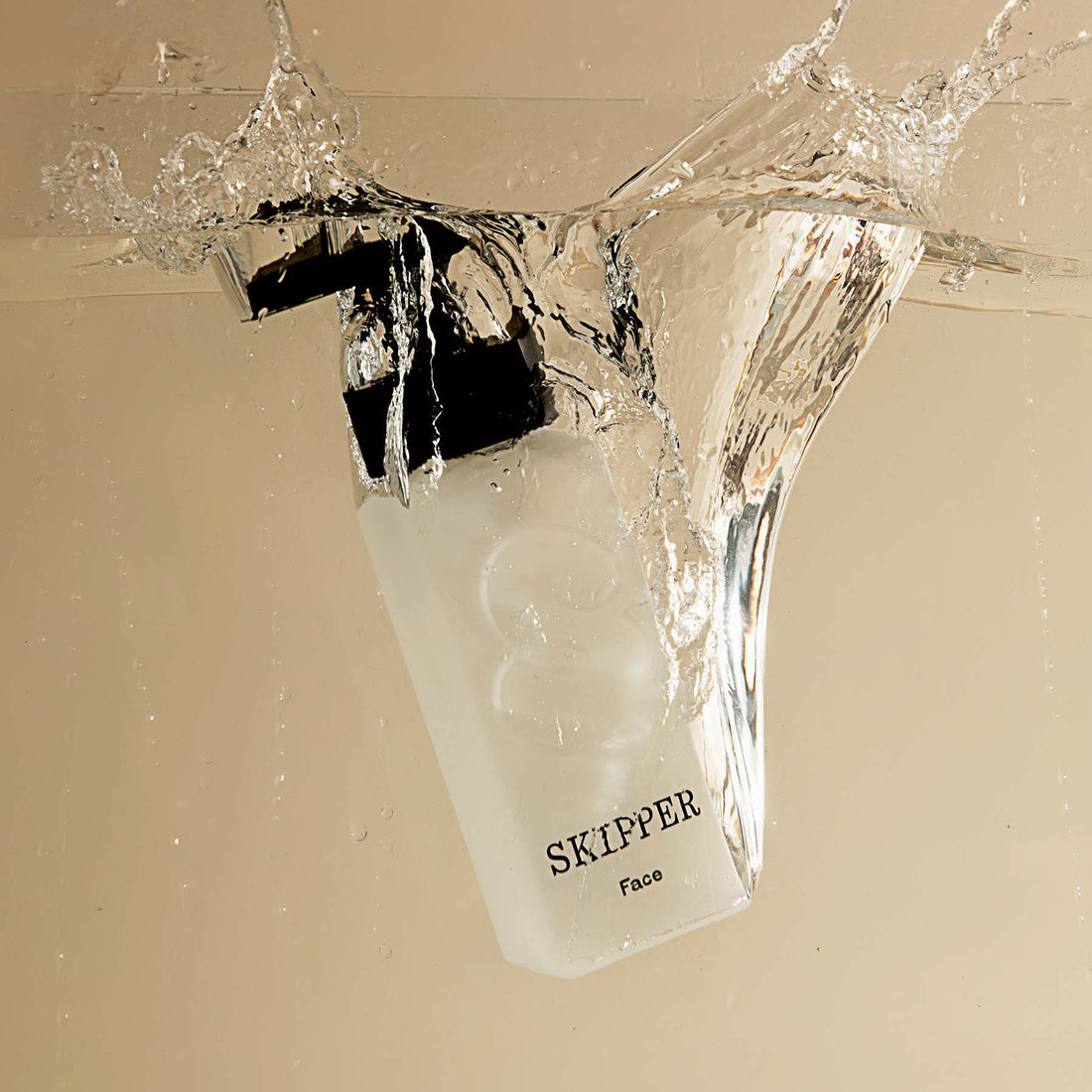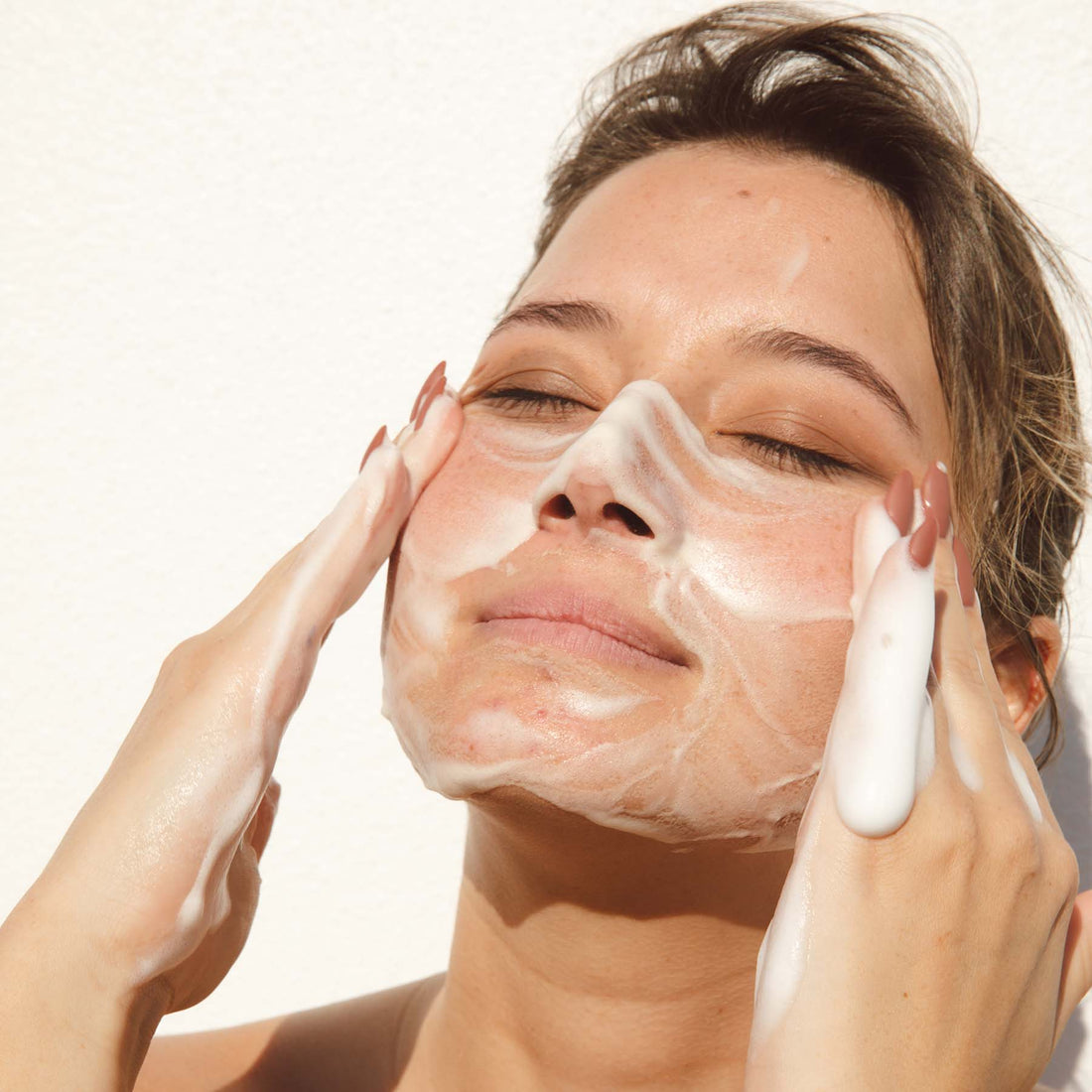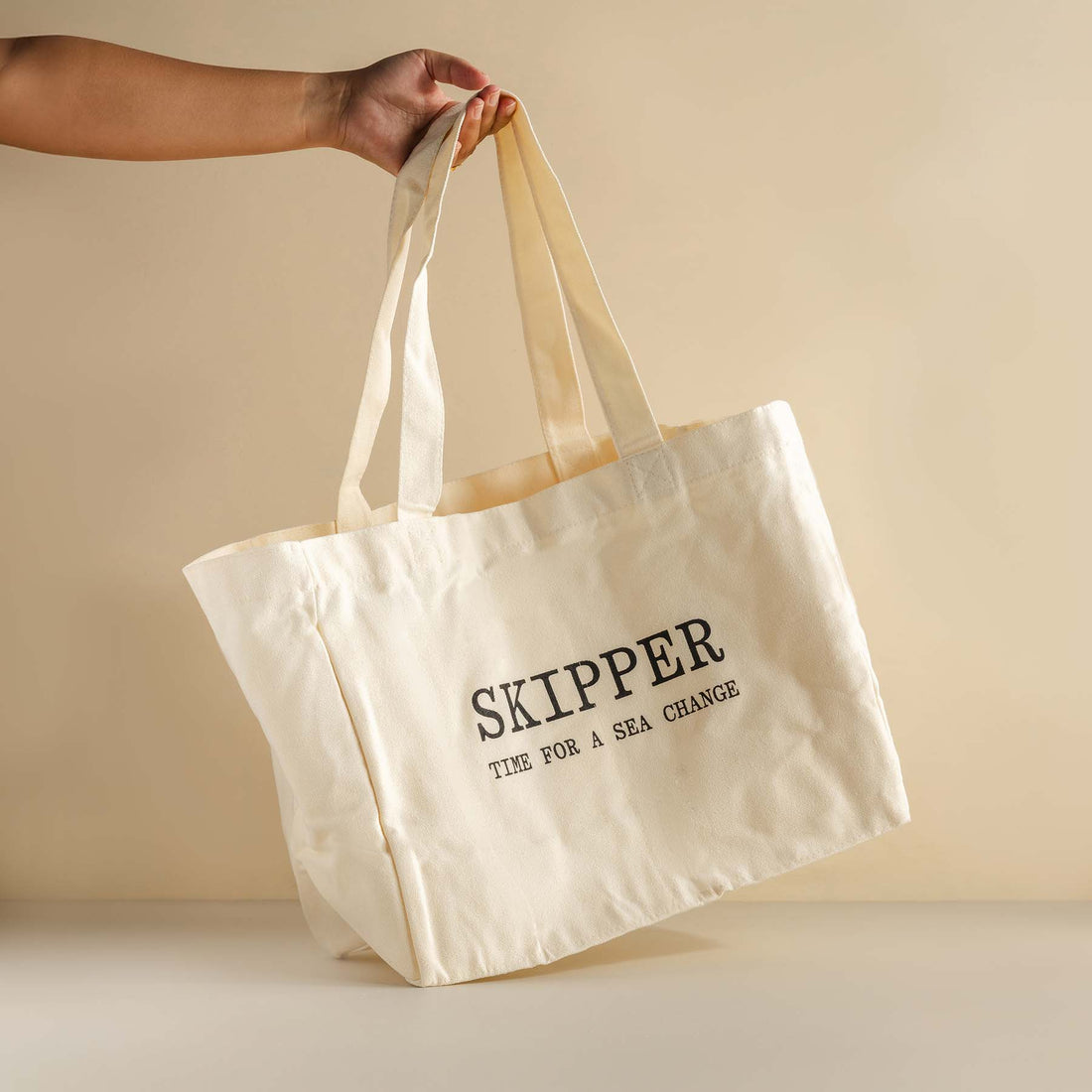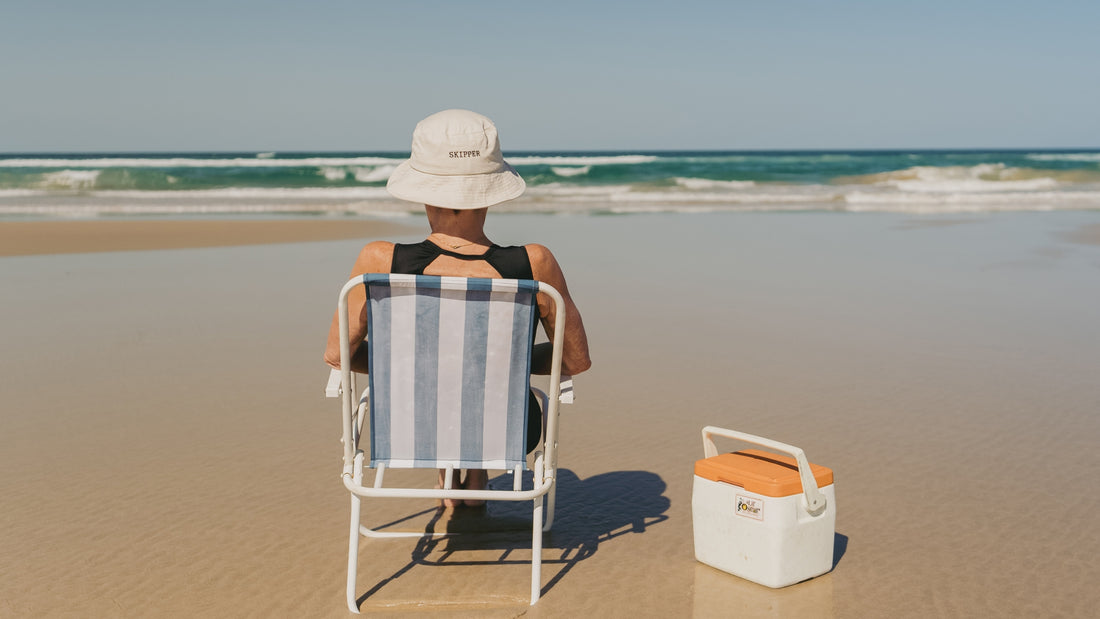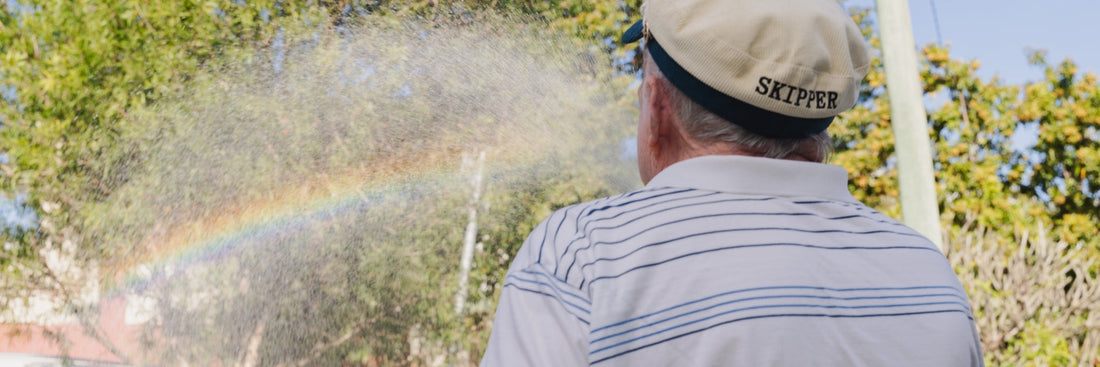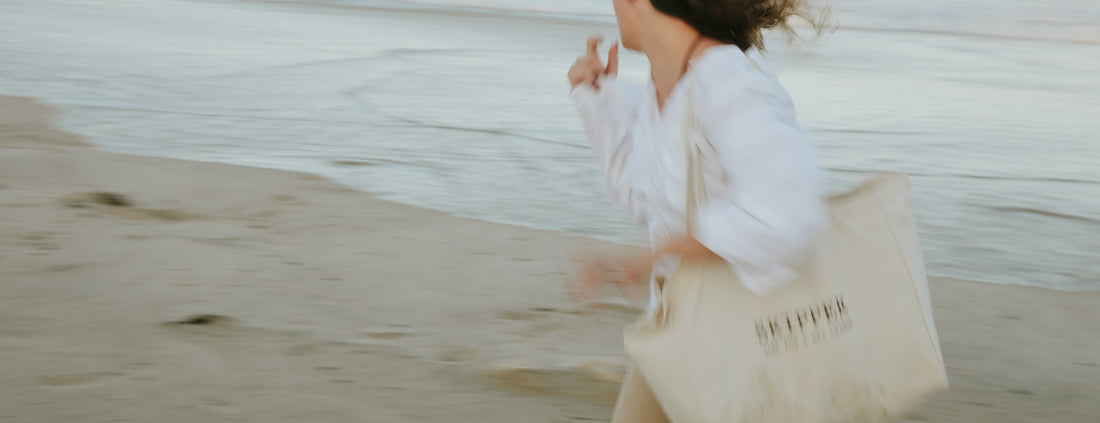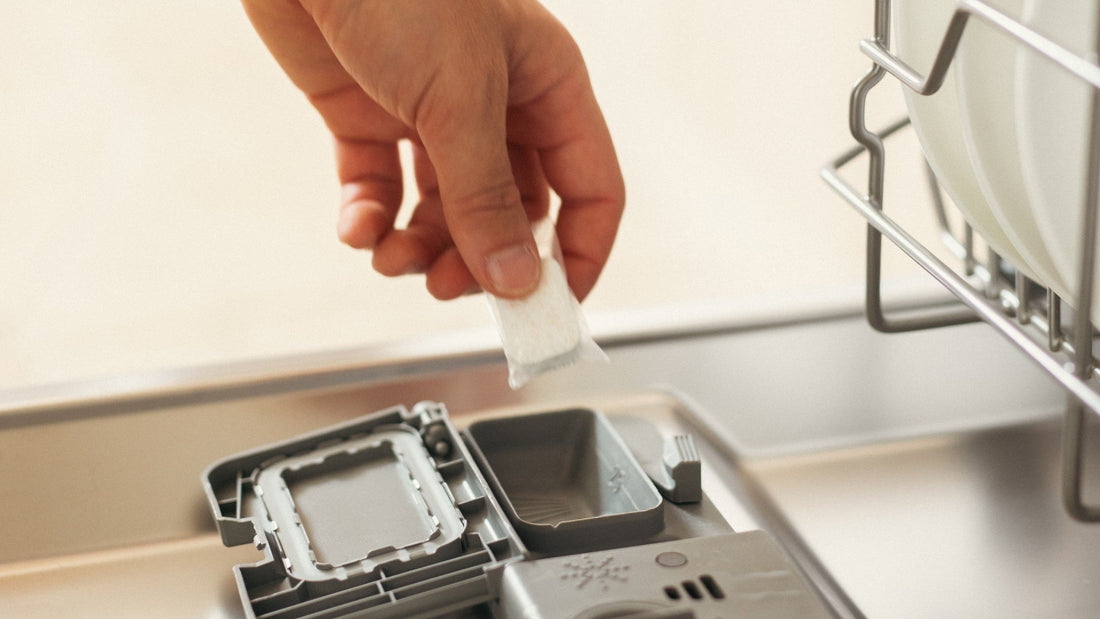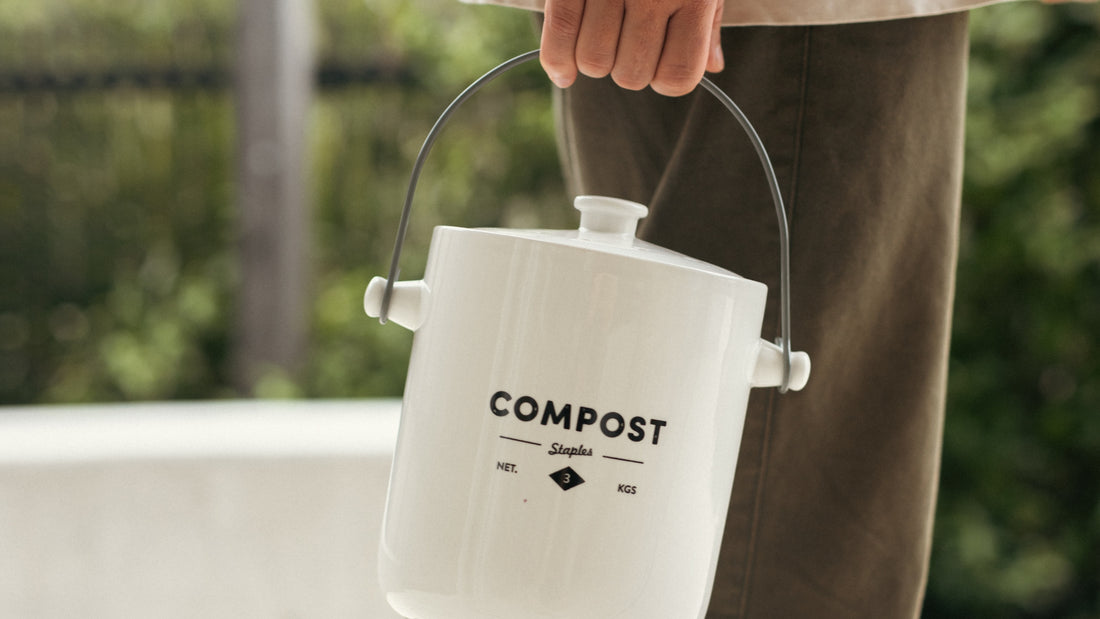Do you know how much plastic is in our ocean? There's an estimated amount of 5.25 trillion pieces.
The amount of ocean pollution in the ocean is increasing every day, and we need to do something about it. Ocean and wildlife conservation doesn't have to be complicated. There are simple, easy changes that will help this worldwide issue.
We've put this article together to help you see how you, as an individual, can make a difference. This guide will give you information about safe cleaning products and ocean pollutants. Read on!
What Are Ocean-Bound Plastics?
Ocean-bound plastics (OBP) are just like the name says. It's plastic waste that is headed for the ocean. Reducing the amount of OBP is one of the most effective ways to keep a clean ocean.
You Can Help
Since ocean pollution is a worldwide issue, it can seem overwhelming. Unfortunately, many people believe that "since I'm just one person, I can't make a big difference". This is a false statement and keeps many people from making a change.
You don't have to fly across the world and pull trash out of the ocean to help keep the ocean clean. There are minor changes that you can make that can have a huge impact.
We will never have all the plastic out of the ocean if we don't reduce how much we use it. So it's vital that you help us and keep the mission alive!
What Is Tirtyl?
Here at Tirtyl, we aim to help you take steps to make your home free of single-use plastics that often end up in the ocean. We have worked hard to create products that are safe and reduce ocean pollution.
We are committed to the cause and have partnered with Plastic Bank to help us on our mission to unwaste the planet.
7 Ways to Prevent Ocean-Bound Plastic
You don't have to make substantial lifestyle changes to make a difference. However, the more changes you make, the more significant your impact will be.
1. Education is Key!
The first thing you'll want to do is educate yourself. Do your research to find out what products are bad for the environment.
This isn't a one-time thing. You should constantly learn and research new ways to help and make a difference. There are conferences, videos, and plenty of articles online where you can learn more about ocean-bound plastics.
2. Say Goodbye to Single-Use Plastics
If you slow down and look around your home, you'll likely see an abundance of single-use plastic containers. For example, plastic bags, water bottles, and laundry detergent bottles all end up in the ocean.
It's easy to change from plastic bags to reusable containers. But, again, you'll be saving yourself money too.
You can purchase a trendy water bottle online, so you don't have to buy cases at the store. Laundry detergent sheets are another excellent investment that will reduce ocean pollution.
3. Participate in Beach Clean-Ups
Beach clean-ups are beneficial in so many ways. People leave a lot of trash on the beach, and some even get washed up from other places.
Look up clean-ups in your area. Many organisations will hold volunteer events on the weekends.
The best part is that you can pick up trash anytime. Even if no one else is there, you can take a bag and collect garbage all on your own.
4. Opt for Sustainable Seafood Choices
The food you eat matters. How it's sourced matters even more. Take the time to research which seafood is the most sustainable.
Typically, the lower down the food chain, the better. For example, oysters, calms, mussels, and anchovies are good options and taste delicious.
5. Switch to Just-Add-Water Products
Just-add-water products are becoming increasingly popular and for a good reason. While recycling is great, it's best to reduce your plastic use.
These products allow you to do that. For example, instead of buying single plastic bottles of hand soap, you'll take one of our tablets and drop it in water.
After 30 minutes, you'll screw the top on your reusable bottle and be ready to go. We have many other products that work the same way. You may be surprised to learn that you'll save money, a bonus.
6. Support Organisations That Protect Ocean Wildlife
There are many organisations out there that support ocean wildlife conservation. These foundations and groups are all over; their goal is to protect the ocean and educate people.
Even if you're pretty educated on ocean pollution, not everyone is. These organisations aim to teach people and expand their reach. The more people know about the issue, the higher the chance it gets fixed.
These organisations can function without resources. Even if you can't give financially, there are other ways to help. Consider fundraising or volunteering.
7. Be an Advocate
Ocean conservation is a huge issue. Being an advocate is one of the easiest things you can do.
Tell your friends about the issue, take them to beach clean-ups, and introduce them to eco-friendly cleaning products. Be sure to vote too!
Reduce Ocean Pollution
Reducing ocean pollution isn't as challenging as it may sound, but we need as many people to help as possible. We can't do it alone.
Remember that you don't have to make all these changes at once. However, gradually implementing them can make the process more manageable and doable.
Don't wait any longer! Start investing in eco-friendly personal care and home cleaning products today. Shop at Tirtyl now.












































